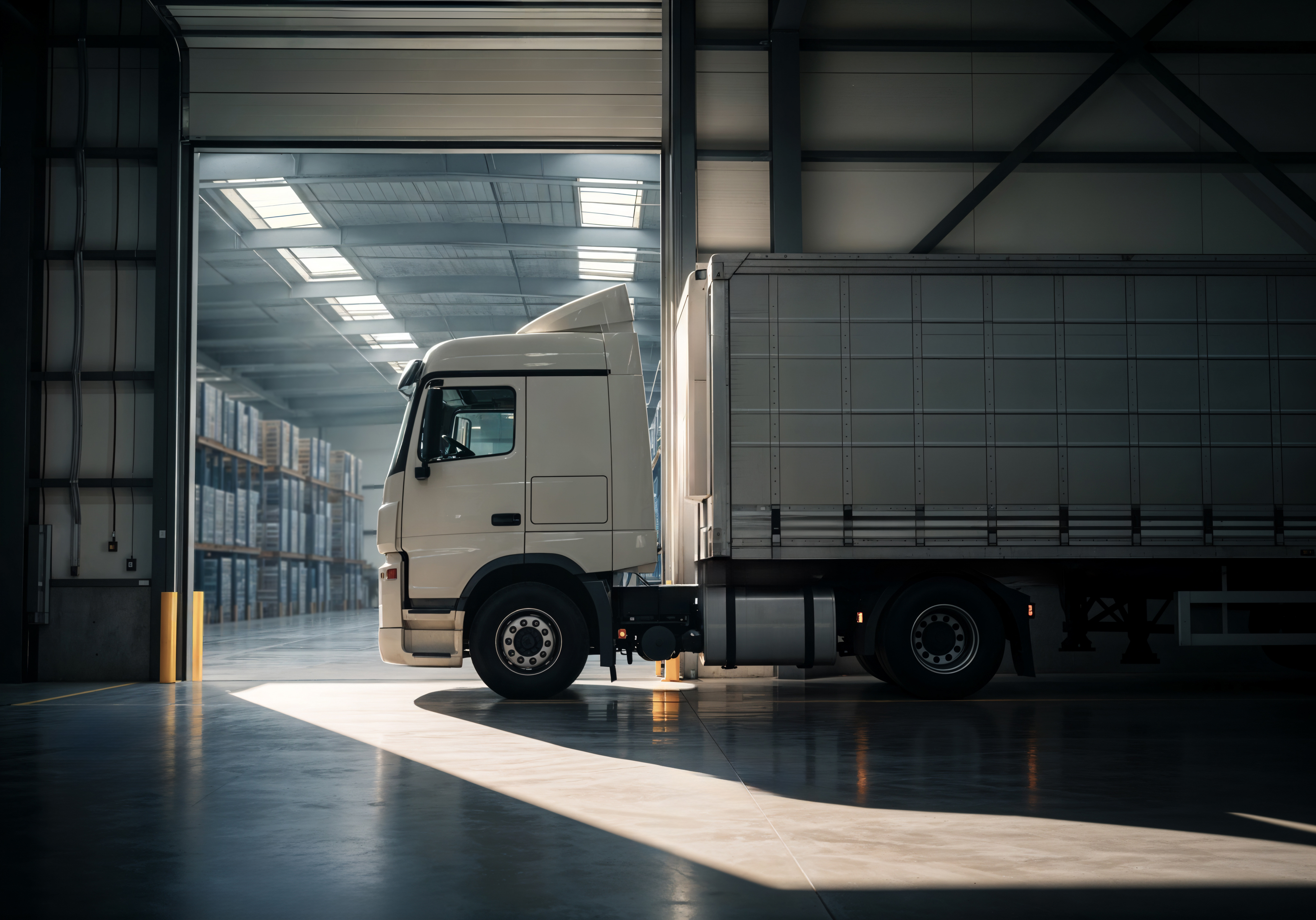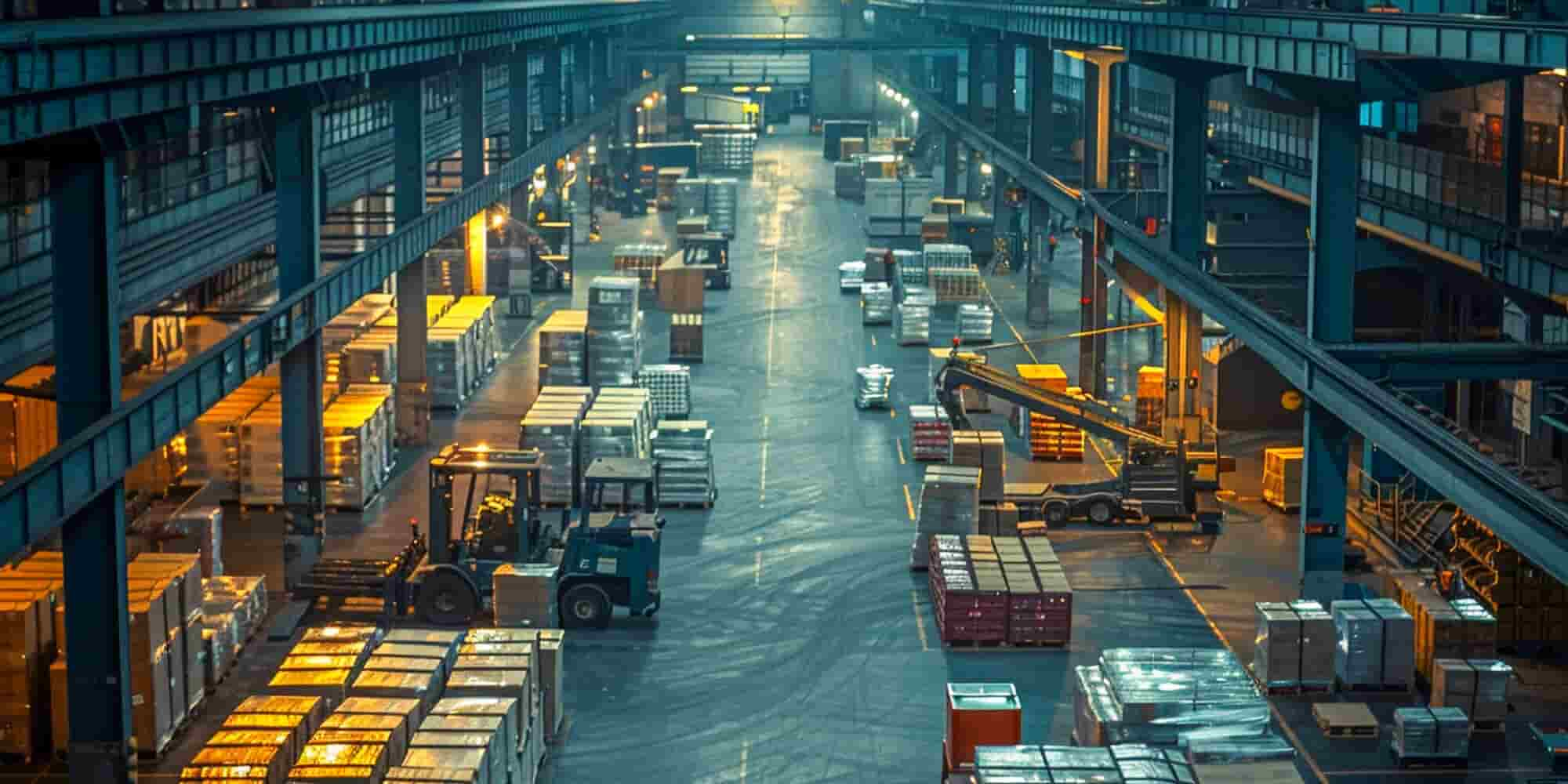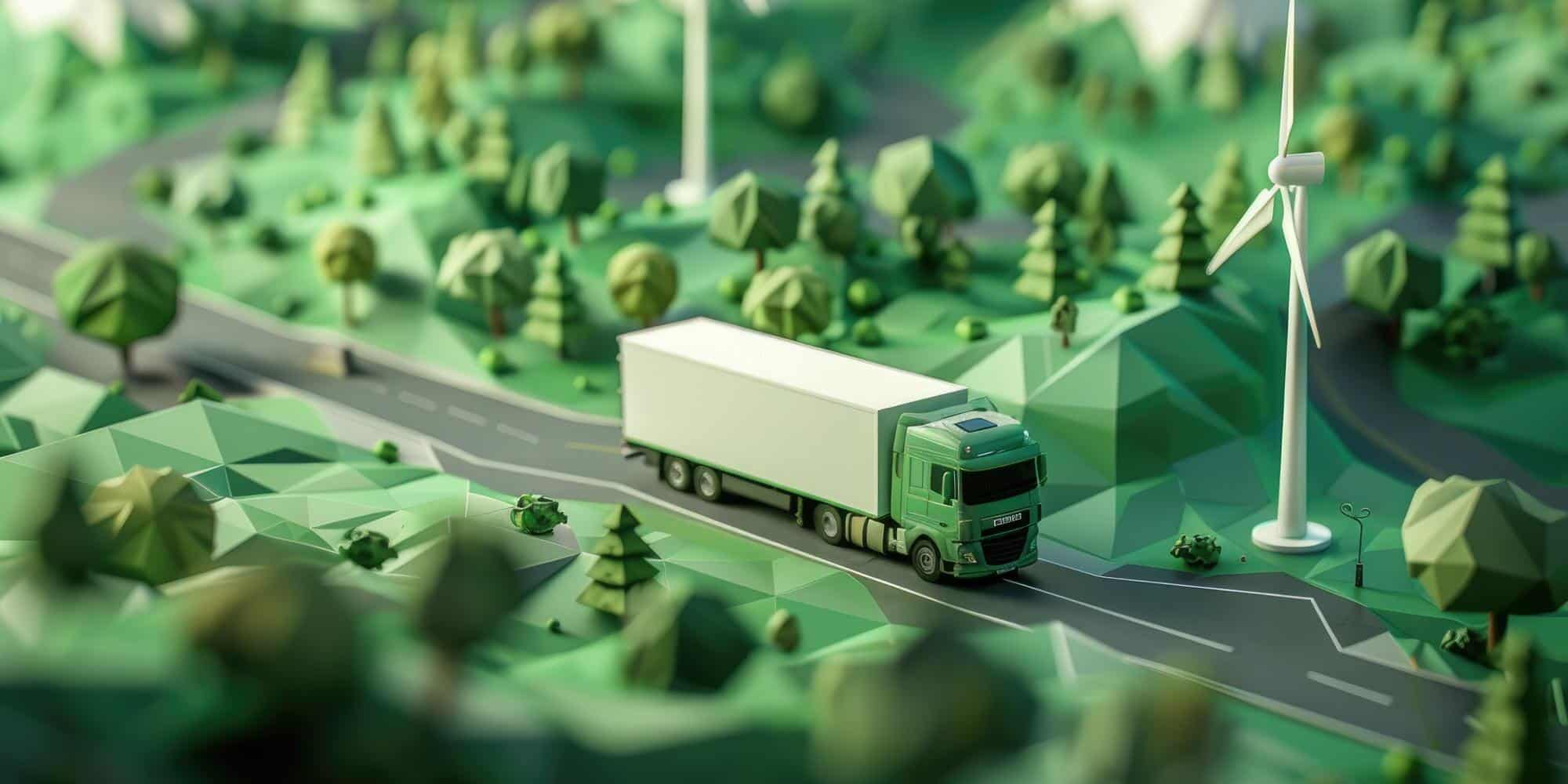
Refrigerated cargo transportation plays an elemental role in the end-to-end supply chain, being indispensable for sectors such as food, pharmaceuticals and chemicals. This industry faces a number of complex challenges, but also offers innovative opportunities for those willing to adapt and enter a dynamic and evolving market.
Key Challenges in Refrigerated Freight Transportation
- Keeping the Cold Chain Intact
One of the main challenges in refrigerated transport is ensuring consistent temperature and humidity throughout the supply chain. According to experts, failures in refrigeration can cause product loss, significant economic losses and damage to the reputation of companies. The key is to have adequate infrastructure in place, such as refrigerated warehouses, temperature-controlled vehicles and reliable monitoring systems to detect and address any issues in a timely manner.
- Investment in Infrastructure and Technology.
The adoption of innovative technology, such as IoT sensors and tracking platforms, is essential to improve visibility and control of the cold chain. This involves considerable investment in state-of-the-art equipment and systems, which can be a challenge for some companies, especially smaller ones. However, this investment is necessary to remain competitive in a demanding and technological market.
- Sustainability and Energy Efficiency
The logistics industry faces the challenge of reducing its environmental impact, especially in refrigerated transport which involves high energy consumption. Optimizing routes, implementing energy efficiency practices and using alternative fuels are key to a more sustainable future. In addition, this transition to green operations can provide long-term economic benefits and enhance corporate reputation.
- Regulatory Compliance and Regulations
Regulations vary widely among countries and regions, making international logistics complicated. In addition, laws are constantly evolving to incorporate sustainability and energy efficiency considerations, requiring continuous adaptation by logistics operators. Keeping up with these changing regulations and anticipating new trends is critical to avoid penalties and ensure compliance.
Opportunities in a Dynamic Market
- Specialization and value-added
Specialization in defined niches of the refrigerated market, such as pharmaceuticals or high-value fresh produce, allows operators to differentiate themselves and offer higher value-added services. This strategy can be highly profitable and position companies as leaders in their segment, attracting customers looking for customized, high-quality solutions.
- Digitalization and Automation
The adoption of digital technologies such as artificial intelligence, big data and blockchain can optimize logistics processes, improve traceability and reduce costs. Moreover, automating repetitive tasks frees up time and resources to focus on strategic aspects and add value. This digital transformation can provide a significant competitive advantage to companies that adopt it effectively.
- Collaboration and Strategic Alliances.
Collaboration between logistics operators, shippers, producers and distributors is critical to creating efficient and resilient refrigerated supply chains[1]. Strategic alliances enable the sharing of resources, knowledge and best practices, This is a significant competitive advantage. They also encourage innovation and the exchange of ideas, driving growth and continuous improvement in the industry.
Best Practices for an Efficient Cold Chain
- Planning and Coordination
Minimizing delays and waiting times is critical in refrigerated transport, as any delay can compromise product quality and safety. Thorough planning of all stages, from pickup to delivery, ensures that products arrive at their destination in optimal condition. This involves coordinating effectively with all players involved in the supply chain.
- Real-Time Monitoring.
Using real-time monitoring systems makes it possible to detect and address incidents quickly. In addition, route optimization and fleet and driver control contribute to maintaining cargo integrity, reducing transit time and minimizing cold chain breakage risks.
- Staff Training
Training drivers and logistics teams in good practices for transporting and handling temperature-sensitive products is critical to the success of the cold chain. This includes knowledge of proper handling of refrigeration equipment, loading and unloading procedures, and safety protocols.
- Maintenance and Periodic Checks.
Regular inspections and maintenance of vehicles and refrigeration equipment prevent failures that could compromise the cold chain. Performing regular inspections and keeping a detailed maintenance record ensures proper operation of the systems and prolongs their service life.
Innovative Solutions for a Sustainable Tomorrow

At Solistica, an innovative solution has been implemented to mitigate the environmental impact of refrigerated transport: the #GREENBOX technology. This reusable cooler ensures product integrity and generates a positive impact on the environment. At the end of its useful life, the refrigerant components are transformed into organic fertilizers, while the polypropylene is recycled to create recycled pallets and floors, closing the cycle in an environmentally friendly way.
In addition, the use of GREENBOX enables a 20% reduction in operating times, improving supply chain efficiency and reducing operating costs. This solution demonstrates Solistica's commitment to sustainability and logistics innovation, leading the way to a greener future in refrigerated freight transportation.
Other companies are also exploring new technologies and materials to improve energy efficiency and reduce carbon emissions in refrigerated transport. For example, the use of electric vehicles, solar panels and more efficient refrigeration systems are gaining ground in the industry. These innovations benefit the environment and can generate significant long-term savings for companies.
The Future of Refrigerated Freight Transportation
As the world's population continues to grow and demands for fresh food and medicine increase, the importance of refrigerated cargo transportation will remain critical. However, this sector will need to adapt to growing environmental concerns and stricter sustainability regulations.
Companies that invest in cutting-edge technology, implement energy-efficient practices and adopt innovative solutions such as #GREENBOX will be better positioned to lead the market in the coming years. In addition, those that foster collaboration and strategic alliances will have a significant competitive advantage by sharing resources and knowledge.
The future of refrigerated freight transport looks set to be a more sustainable, efficient and digitally connected ecosystem. The companies that manage to balance quality of service, profitability and commitment to the environment will be the winners in this ever-evolving industry.
Are you looking for a reliable logistics partner committed to sustainability for the transportation of your temperature-sensitive products? At Solistica, we're proud to offer innovative solutions like #GREENBOX that ensures the integrity of your cargo while reducing your environmental impact. Contact us today to learn more about our cutting-edge cold chain services and how we can optimize your supply chain - together we'll build a greener, more efficient future!






